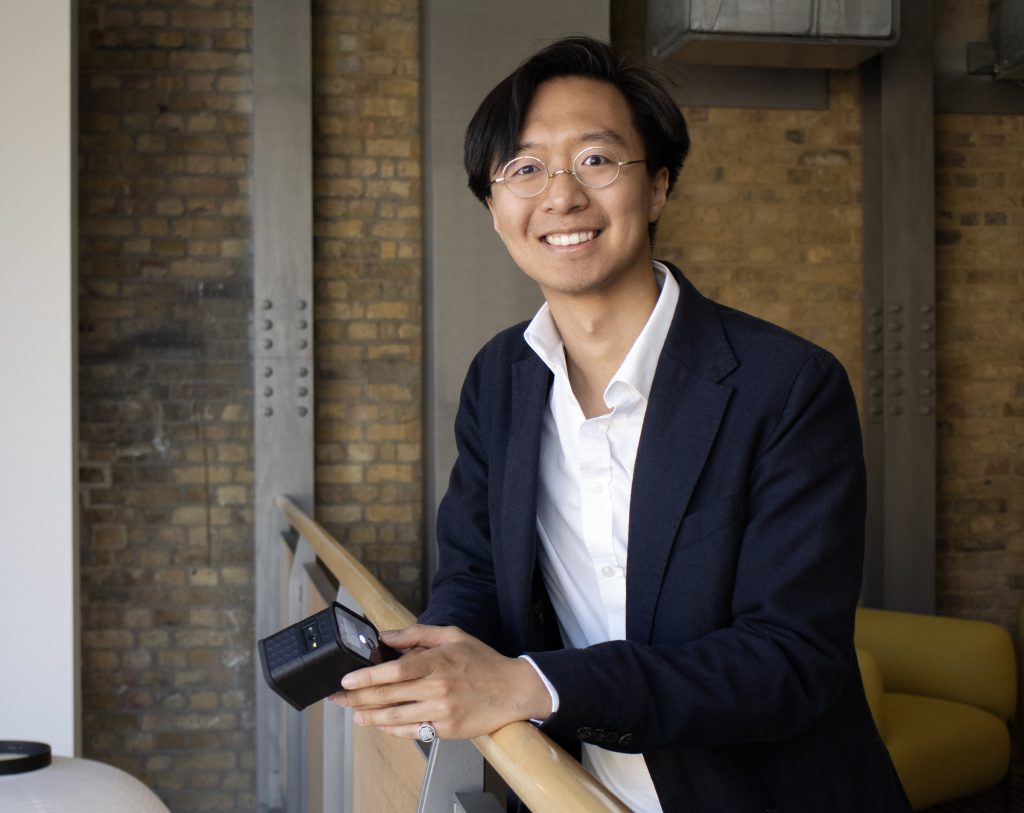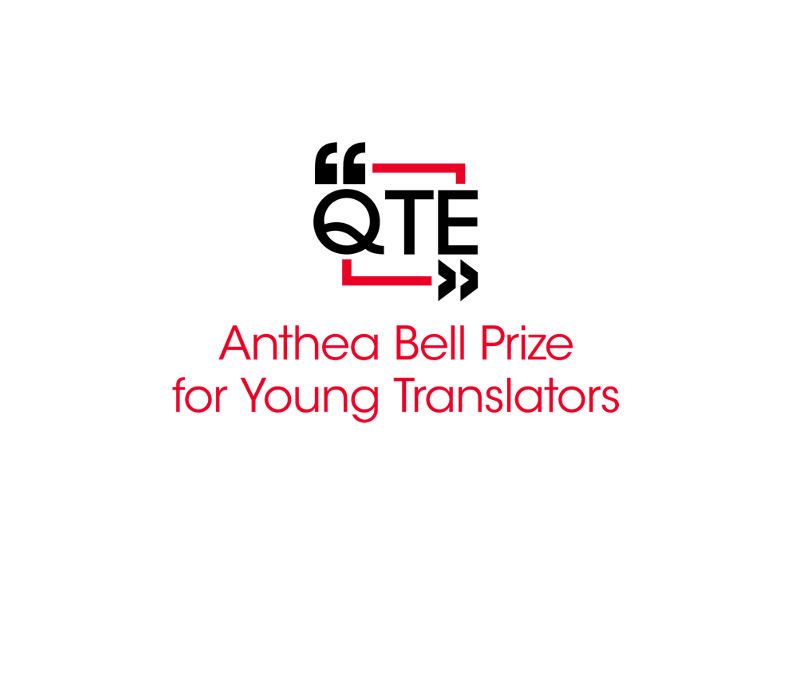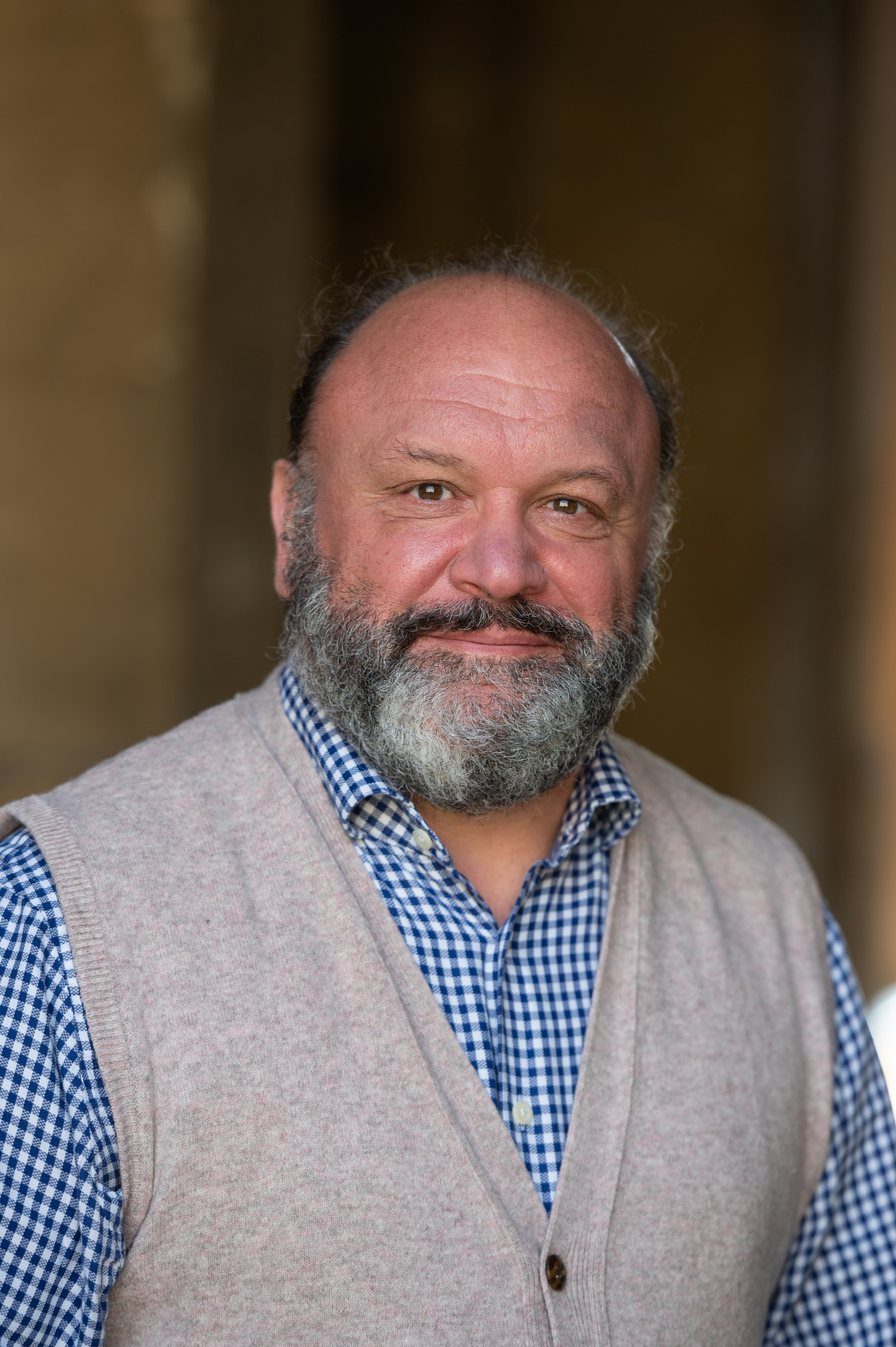Graduate student Hans Chan (DPhil in Quantum Computing, 2020) has been named one of Forbes 30 Under 30 (social impact) in recognition of his work as the CTO and Co-Founder of green technology company Matoha Instrumentation Ltd. We asked him to tell us how he’s using science, entrepreneurship, and AI to tackle global waste, one material at a time.
Was there a particular moment or experience that sparked your interest in green technology and sustainability?
When my co-founder, Martin, and I were in our 1st year undergrad at Imperial College London back in 2017, we participated in a ‘Dragon’s Den’ style competition in our faculty, where students could pitch an idea to professors and be given some cash to build a prototype. We were inspired when Martin visited a waste-sorting facility in his hometown of Bratislava, Slovakia, where he saw sorters picking out only PET bottles from a waste belt, and all the other diligently washed yoghurt pots (which might be made of HDPE, PP, or PS plastic) went straight to the incinerator.
We sought to address this by creating a self-checkout style scanner that could instantly identify materials using AI and infrared sensing and allow sorters to differentiate and separate different plastic streams. We won the competition, and since then we have built a team of just under 15 people doing everything from manufacturing, R&D, and sales all in the heart of London. We have also moved on from creating only scanners for identifying plastics to also those that can identify textiles and carpets. The performance and price of our unique tech means that we have exported over half a thousand devices to more than 50 countries around the world and diverted hundreds of thousands of garments and plastics from the waste stream.
Our unique tech has diverted hundreds of thousands of garments and plastics from the waste stream.
How does Matoha’s technology work and what’s the problem it’s solving?
For material regeneration and recycling to happen, the input waste feed must be separated by material; different types of polymers cannot be recycled together.
Matoha’s technology combines a chemical sensing technique called near-infrared spectroscopy and artificial intelligence to identify plastics and textiles by their material composition in under one second. Our sensing systems looks at the unique infrared ‘fingerprint’ of different polymers, and the on-board AI interprets that signal and reports its classification automatically. Because we design and built both the hardware and software, our technology is highly optimised for speed, compactness, and usability: the sorter does not need a degree or PhD to operate it.
Specifically, right now less than 1% of unwanted textiles are actually recycled back into making new clothes. As the quality of clothes from ultra-fast fashion deteriorates but volumes of garments sold increase, it is paramount that recycling does happen; it cannot happen without the separation of clothes of different fibre composition, e.g. a 100% polyester shirt cannot generally be recycled with a 50% cotton, 50% polyester shirt, even if the two might be visually indistinguishable from each other. Our technology can instantly identify the blend composition of textiles and thereby enable more accurate sorting to create high-value recyclable feedstock.
As the quality of clothes from ultra-fast fashion deteriorates but volumes of garments sold increase, it is paramount that recycling does happen.
What’s been the most surprising challenge in building the company, and how did you overcome it?
The building of hardware products, let alone running a manufacturing supply chain in London, is very rare in the age of software and AI; certainly, there were not a lot of success models we could look to when we started. We leveraged a lot of modern manufacturing techniques like 3D printing, machining, and laser cutting, along with design engineering principles, to create a lean production operation.
It has also been surprisingly challenging to raise funding – we were very lucky in that we reached revenue-generation from product sales with minimal investment (what the startup world refers to as ‘bootstrapping’), which we did by remaining incredibly agile and slimmed down: trying to do more with less. We survived the pandemic and the economic turmoil of the past few years this way.
How did it feel to be named one of Forbes 30 Under 30?
It is a great personal achievement to be named on the F30u30 list this year – I think it’s a recognition of the great work our team has been doing in enabling sustainability and circular economies worldwide. Professionally, the benefits are not yet clear; we did not get a flood of inquiries from potential customers or investors; however, I hope the validation and endorsement that comes with this award adds more credibility to what we say and do.
In what ways has your time at Queen’s shaped your outlook or contributed to your success?
I started at Queen’s during the middle of the Covid-19 pandemic, and I lived at the Oxley Wright building (post-graduate accommodation). I had the great fortune of hunkering down with a group of like-minded post-grads who all started at the same time as me. We became great friends and many of us went on to live together for the remainder of our degrees. I could not have wished for a better group of people to get to know during uncertain times.
The College also took great care to make sure we got to socialise and meet new people safely during the pandemic when we started at the university, which was much appreciated. I think experiencing that historic event at Queen’s highlighted how resilient we can be and how much we can achieve and help others achieve with simple good company.
I think experiencing the pandemic at Queen’s highlighted how resilient we can be and how much we can achieve, and help others achieve, with simple good company.
Any particular College memories that stand out?
One of my fondest memories at Oxford, which significantly shaped my outlook, featured many of my Queen’s friends. During my first and second year I represented the Oxford University Amateur Boxing Club in the Lightweight category – I trained incredibly hard, fought incredibly hard, and went way beyond my comfort zone without anybody compelling me to. I think that experience completely rewired the way I face challenges and how I think about uncertainty and adversity. Again, if it was not for a group of supportive friends, I may not have had the perseverance and grit to keep challenging myself when I could have taken the easy way out at any time.
Also, the College Ball in 2022 was an amazing event and probably one of my favourite Queen’s memories.
What advice would you give to current students or recent graduates who want to turn an idea into a real-world business or product?
Most of the broad guidelines that startup veterans and investors espouse: the importance of differentiating your core competence from competitors, the ability to protect that, having a clear actionable strategy about where you want to take the company and how to get there, and making sure you keep your finances in order; most of this we found to be generally valid. But success is far from guaranteed; specific market dynamics and factors beyond your control can mean that it is much harder than it first appears so be sure to do your research and speak to the people who stand to benefit from your business or product.
Success is far from guaranteed so do your research and speak to the people who stand to benefit from your business.
What this does mean for certain, though, is that someone who wants to turn an idea or a piece of research into a real-world business or product has a lot to keep track of and think about, and you can’t be everywhere at once! I’ve had the great fortune of working with a stellar cofounder and expert team, who are all aligned on a focused mission and can take action much faster than any one person could. A related point is to get help and just ask someone who might have done this before. For small teams, mistakes are more costly than for larger, well-funded teams. Learn from others’ mistakes and wins but have the will to stick to your guns as you will probably often know more than those giving you the advice.
Where do you see Matoha—and the future of green technology—heading over the next five years?
The industry of fibre-to-fibre textile waste recycling and regeneration is expected to grow by a factor of 20 by 2030. Furthermore, the European Union and other governments are putting in place legislation that will mandate the collection and recycling of textile waste. Matoha stands to ride the wave of increasing textile circularity by unlocking cost-effective end-of-life textiles sorting and tracking, for both reuse and recycling. We are working on bringing in more advanced sorting stations and automation that will further enhance the effectiveness of existing textile waste processors.
Despite geopolitical tensions and economic turmoil, I’m confident the green tech market will grow over the long term. However, any positive impact a piece of innovation can have has to make commensurate economic sense. I think in the next five years we will also see a lot of green tech companies that do not have a solid economic case disappear.
Can you recommend a book?
For those interested in tech startups, Zero to One by Peter Thiel remains a well-known and useful primer.
Maritime geopolitics and trade is an obscure subject that is very relevant to businesses manufacturing or exporting products and materials (like us), and especially topical today in relation to supply chain ‘reshoring’ efforts in the West, international trade tensions, and security in the Middle and Far East. To that end, The Influence of Sea Power Upon History by Alfred Thayer Mahan is a great deep dive into the strategic importance of trade by sea.



